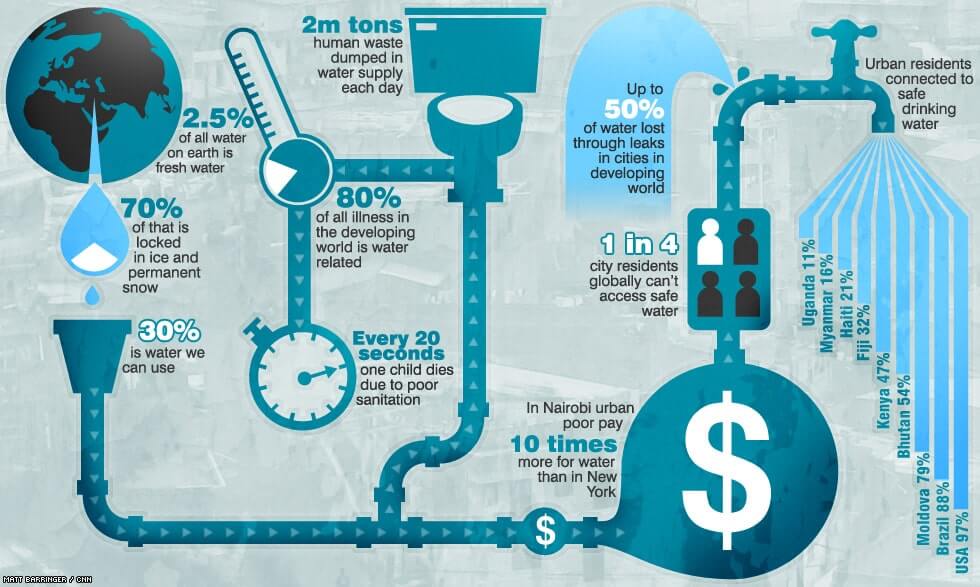The Future Of Home Heating - Just How Heatpump Innovation Is Evolving
The Future Of Home Heating - Just How Heatpump Innovation Is Evolving
Blog Article
Article Written By-Skaaning Dominguez
Heat pumps will be an essential technology for decarbonising heating. In a circumstance consistent with federal governments' introduced energy and climate dedications, their worldwide capability increases by 2030, while their share in heating rises to one-quarter.
They function best in well-insulated homes and depend on electrical energy, which can be provided from an eco-friendly power grid. Technological developments are making them much more effective, smarter and less expensive.
Gas Cells
Heatpump use a compressor, cooling agent, coils and fans to move the air and warm in homes and appliances. They can be powered by solar power or electrical power from the grid. They have been getting appeal because of their low cost, quiet procedure and the ability to produce electrical energy throughout peak power demand.
Some business, like IdaTech and BG MicroGen, are dealing with gas cells for home heating. These microgenerators can replace a gas central heating boiler and produce some of a house's electrical demands with a connection to the electrical power grid for the remainder.
However there are recommended you read to be unconvinced of using hydrogen for home heating, Rosenow says. It would certainly be expensive and ineffective contrasted to other innovations, and it would include in carbon exhausts.
Smart and Connected Technologies
Smart home technology enables house owners to connect and manage their tools from another location with using smart device applications. As an example, wise thermostats can learn your heating preferences and instantly adapt to optimize energy consumption. Smart lights systems can be regulated with voice commands and instantly switch off lights when you leave the area, decreasing power waste. And https://thefederal.com/explainers-2/ac-leak-can-led-to-fire-and-explosion-tips-to-deal-with-cooling-devices/ can keep an eye on and manage your electrical use, permitting you to determine and restrict energy-hungry home appliances.
The tech-savvy family portrayed in Carina's meeting is an excellent image of exactly how passengers reconfigure room home heating techniques in the light of new smart home technologies. They rely upon the gadgets' automated functions to execute everyday adjustments and regard them as a practical ways of performing their home heating techniques. As such, they see no factor to adapt their techniques even more in order to allow versatility in their home power demand, and treatments targeting at doing so may encounter resistance from these families.
Electrical power
Considering that heating up homes accounts for 13% of US exhausts, a switch to cleaner options might make a huge difference. Yet the innovation deals with difficulties: It's pricey and calls for considerable home renovations. And it's not constantly compatible with renewable resource resources, such as solar and wind.
Until just recently, electrical heat pumps were as well expensive to compete with gas designs in the majority of markets. Yet brand-new technologies in style and products are making them a lot more affordable. And much better cool environment efficiency is enabling them to operate well even in subzero temperatures.
The next step in decarbonising home heating may be making use of warm networks, which draw heat from a central source, such as a close-by river or sea inlet, and disperse it to a network of homes or structures. That would certainly minimize carbon emissions and allow families to make the most of renewable resource, such as green power from a grid supplied by renewables. This choice would certainly be much less costly than changing to hydrogen, a fossil fuel that needs new framework and would just minimize carbon dioxide emissions by 5 percent if coupled with boosted home insulation.
Renewable resource
As power rates go down, we're beginning to see the exact same trend in home heating that has actually driven electrical vehicles into the mainstream-- yet at an also much faster speed. The strong climate situation for impressive homes has been pushed even more by new research.
Renewables make up a significant share of contemporary warm usage, however have been offered minimal plan focus worldwide contrasted to other end-use sectors-- and also much less interest than power has. Partly, this shows a mix of customer inertia, split incentives and, in many nations, subsidies for nonrenewable fuel sources.
New innovations can make the shift easier. For instance, heat pumps can be made extra power reliable by changing old R-22 cooling agents with new ones that don't have the high GWPs of their predecessors. Some specialists additionally imagine district systems that draw warmth from a nearby river or sea inlet, like a Norwegian fjord. The cozy water can then be made use of for cooling and heating in a community.